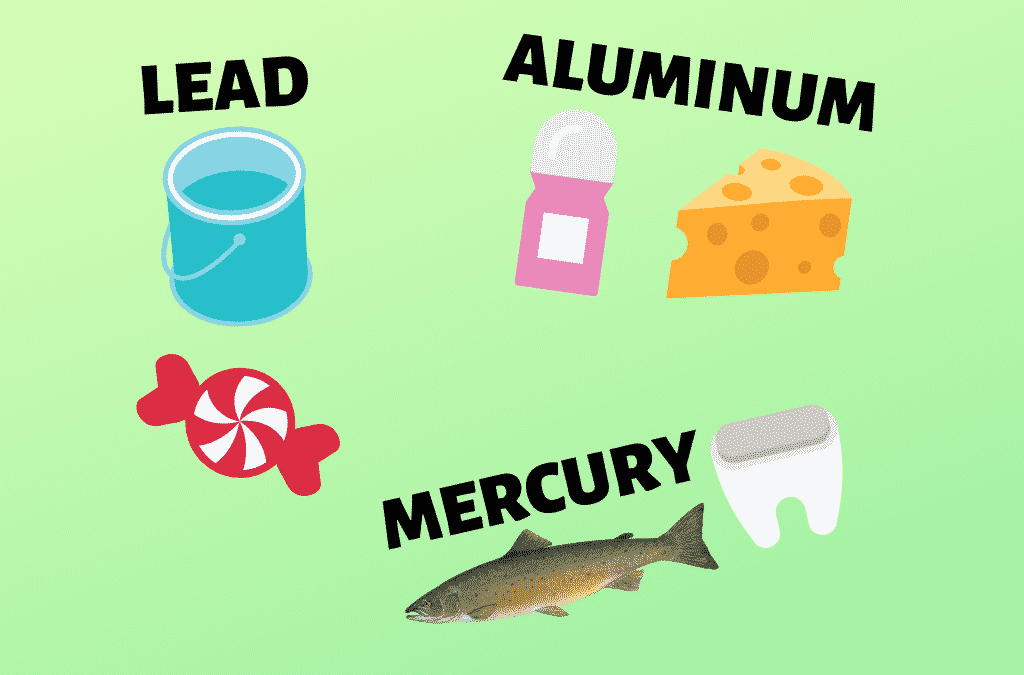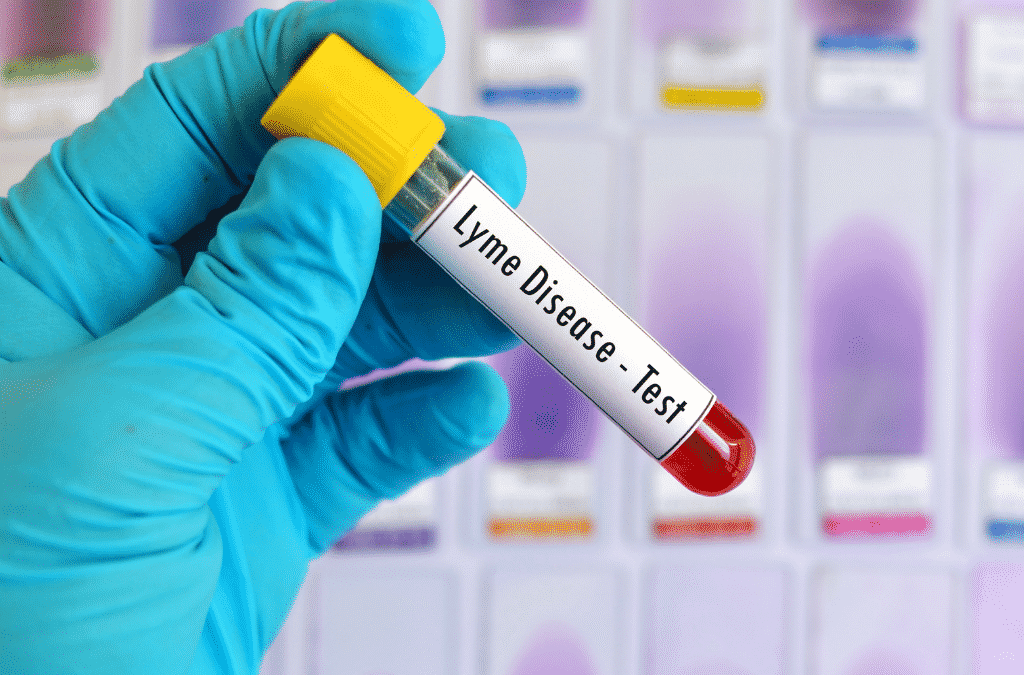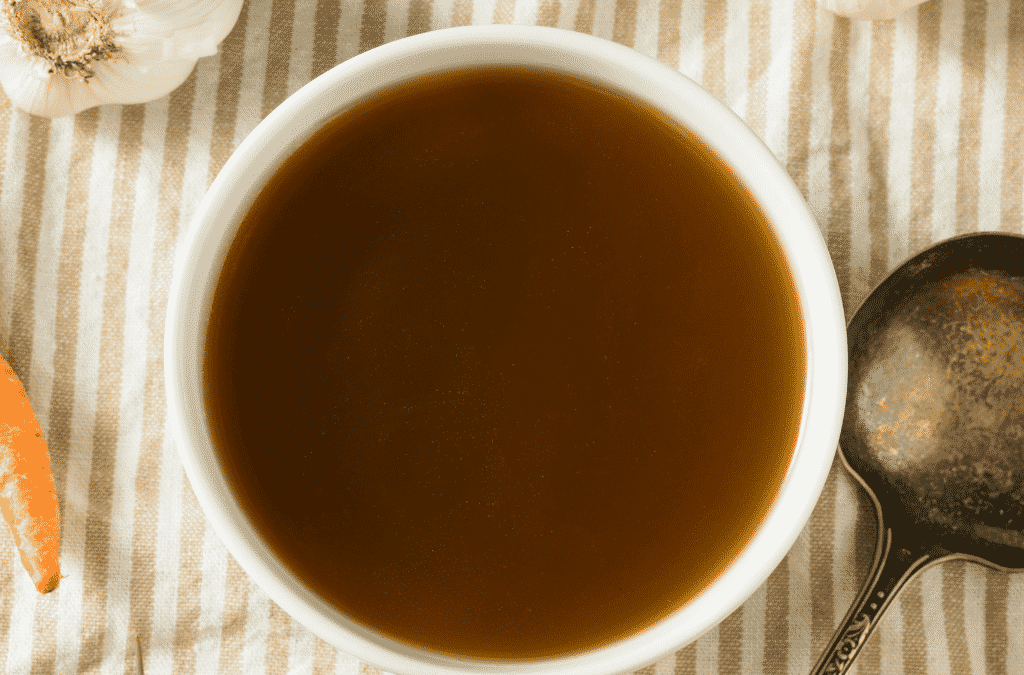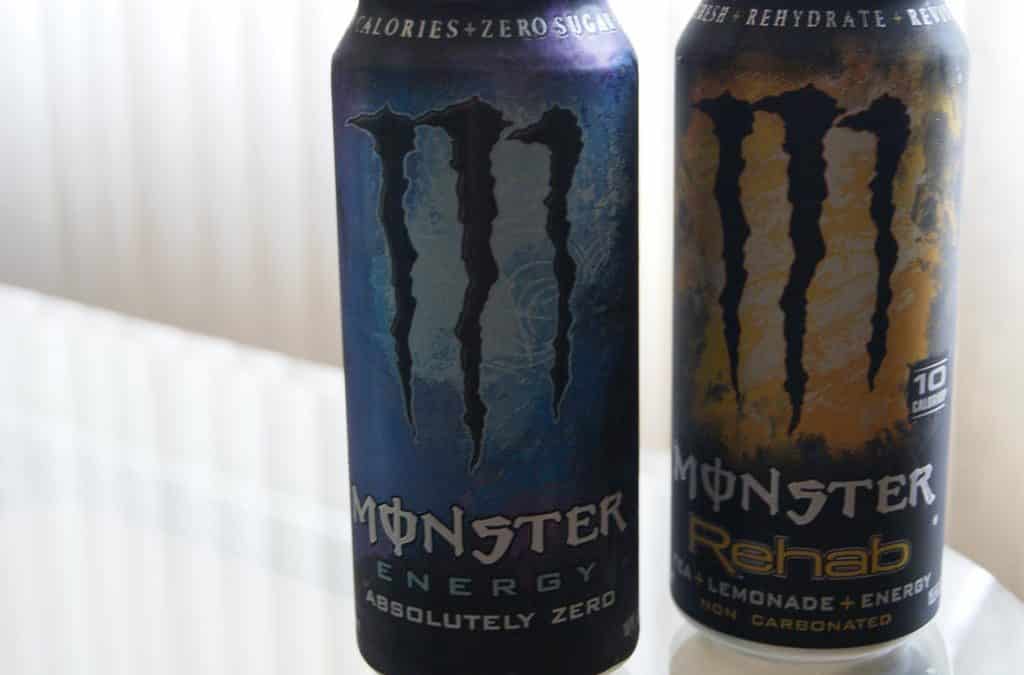November 25, 2019
I hear a lot about “food allergies” but how do I know if I have them? How about this for a short answer, what if you just stopped eating something and you recorded if you felt better? Honestly, that is the gold standard of food sensitivities. Let’s not call them food allergies, because when most people are referring to food allergies what they are really talking about are food sensitivities. Food allergies are the nut allergies and true celiac cases that we hear about in the news all the time. These food allergies can kill you. Food sensitivities will just sabotage your body’s ability to heal by weakening the Immune system, digestive system, hormonal system, and interfere with nutrient absorption. So, let’s look at 3 ways to figure out if you have food sensitivities and the pros and cons of each.
1. Blood Test
Pros: People love to see things in black-and-white on a blood test.
Cons: Blood testing can be expensive, you have to be eating the food that you test for at the time of testing, and in my experience, it does not match with the gold standard of a food elimination diet. It looks like there are a lot of false negatives with this test, which is potentially disastrous to one’s health.
We use Cyrex blood testing to determine what peoples’ food sensitivities are, specifically wheat and it’s associated proteins. That being said, on all the people that I’ve run this test on, who say they do much better cutting out wheat, we often do not see a positive wheat finding on the Cyrex test. That’s why I don’t put blood testing for food sensitivities ahead of what is considered the gold standard, food elimination diets, which we will get to in a second. I believe the most important time to use Cyrex testing is when someone absolutely will not change their diet and need to see in black-and-white what their diet is doing to them.
2. Muscle Testing
Pros: cheap, quick, effective, you can test a lot of things in a short period of time.
Cons: some people do not like muscle testing, and insist on blood testing. You have to be eating the food that you are sensitive to when you are being tested. Sometimes multiple food sensitivities show up. You may not really be sensitive to all these foods, but instead, your digestive system needs support. Plus, you have to have a very experienced muscle tester to do this correctly—there are not many of them around.
Having practiced Nutrition Response Testing and many other muscle testing techniques over the years, muscle testing is my go-to for evaluating food sensitivities. It’s quick, easy, and shows a person immediately what they are sensitive to. Also, I’ve had multiple people ask me to boil down one or two foods that they really need to eliminate, and muscle testing will show this within seconds. It gives people exactly what they want, quickly, and people love it because of this. Like I pointed out before however, some people do not like muscle testing, and therefore, this is not the right technique for them. Food elimination diets will work a lot better, but…..
3. Food Elimination Diet
Pros: This is the gold standard. If someone follows this faithfully for one month, there will be no denying the changes they see. Very cheap, it’s free!
Cons: It takes time. It requires dedication on the part of the patient. Not as black-and-white as muscle testing, or blood testing. It requires work and dedication—many people find this difficult.
Food elimination diets are the gold standard of food sensitivity testing. There are multiple approaches that you can use. We typically use the Paleo reset, the autoimmune Paleo diet (AIP), or the Page Diet. The key to these diets is that you must follow these strictly for at least one month! No cheating! If you are sensitive to a food, you may respond negatively to it for up to three weeks after you ingest it! Therefore, giving any of these diets for at least a month is a must! Almost all my patients who practice one of these diets for a month never go back to the Standard American Diet.
There you go, the 3 ways to figure out if you have food sensitivities. In our office, we commonly put together steps two and three to expedite the process. We don’t do as much blood testing for food sensitivities because of the cost, and I feel they are the least accurate.
For those who would like a personalized approach, or who are dealing with a specific problem that requires a closer look, consider our Nutrition Response Testing or Functional Medicine Programs.
Yours in health,
Dr. Sheehan
Related Articles
Leaky Gut Syndrome
Could you be suffering from Leaky Gut Syndrome? Many people have leaky gut syndrome and it leads to all kinds of other health problems. As a consequence, we see that most people suffering with gastrointestinal problems such as abdominal bloating, excessive gas and...

Dr. Sheehan Answers the Question, “What’s the Best Exercise?”
Binky is getting his exercise out on the trail! One of the most common questions I get is “what is the best exercise? The short answer is “the one that you are going to do.” Here are a couple of questions to ask yourself one embarking on an exercise program. When...

Lyme Disease and Heavy Metal Toxicity
Hello Everyone - When Jess came to see me two years ago, she was stressed, anxious, frustrated, scared, and in pain—lots of pain. She had already been to see one Lyme disease specialist medical doctor, and one alternative functional medicine doctor. She had been...

Lyme Disease and Nutritional Deficiencies
Let’s take a look at common symptoms of Lyme Disease side by side with different nutrient deficiencies: Chronic Lyme Disease Symptoms Water Deficiency (Dehydration)1,2 Vitamin D Deficiency3 Magnesium Deficiency4 B Vitamin Deficiency5 Fatigue Fatigue Fatigue Fatigue,...

Immune System Protocol
I'm reposting this Immune System Protocol from the Wellness Library because it's so timely! By Dr. Keith Sheehan Lately, lots of patients have been asking me, “what do I take when I’m sick?” The correct answer, of course is “we test you, then tell you what your body...

Beef Bone Broth Continued!
January 30, 2018 Good Afternoon! Here is the beef bone broth recipe I promised you last week. I really did simmer it as low as possible on the stove for three days. The result was amazing—not quite as amazing as chef Ron’s—but still quite impressive. Dr. Sheehan even...

Laura Cooks Beef Bone Broth!
Good Afternoon! I’m taking a break from the Lyme disease “lecture” this week to talk about bone broth. You have probably heard of bone broth and how great it is for health. Many people have talked about why it’s so great (you can read a very informative why-to...

Walking For Health and Positive Mental Health
Recently, I lost 4 inches off my waist, decreased my blood pressure, lost 5 pounds, became happier, and bonded with my wife, making one simple change in my life. What makes this significant, is that for the past 20 years, I've been exercising about four hours per week...

A Treatise on Processed Foods
Nutritional Analysis and Discussion of a Popular “Diet” Energy Drink Or A Treatise on Processed Foods By Laura Sheehan April 8, 2018 In working with my clients, my approach as a nutritionist is generally toward recommending people consume more fresh foods in their...

Nutritional Consulting for a Hypothetical Client with GI Issues
Nutritional Consulting for a Hypothetical Client with GI Issues By Laura Sheehan March 19, 2018 My client Mrs. Green has come to me for help with her GI issues. Her symptoms include diarrhea, constipation, and recent unintended weight loss. She works full-time as a...

